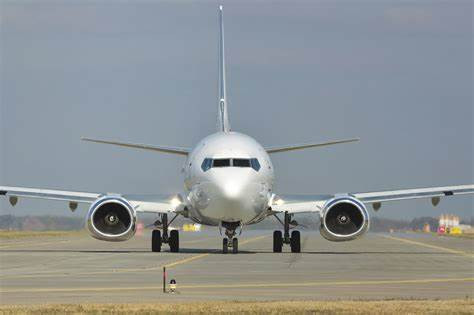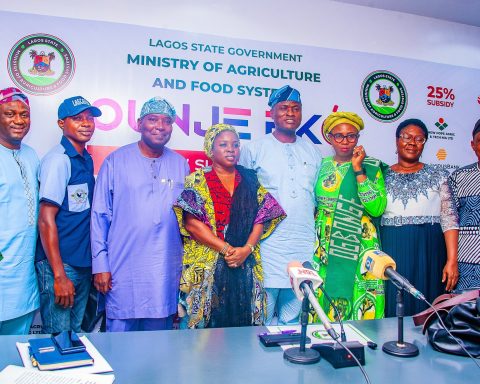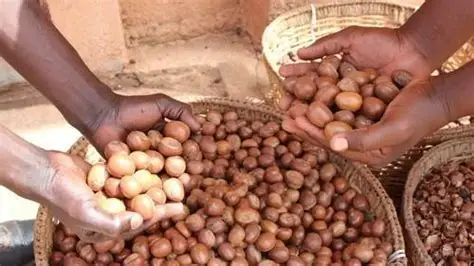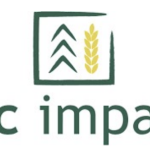Nigeria faces surge in food prices, according to the latest report by the National Bureau of Statistics (NBS) for October. The cost of essential commodities has soared with tomatoes, rice, boneless beef, and Gari witnessing price hikes, intensifying the burden on consumers.
With Inflation biting hard Prime Business Africa had reported that the NBS had revealed in its Expenditure and Income Gross Domestic Product (GDP) report that Nigerians spent N61.07 trillion on household consumption in the first half of 2023.
Join our WhatsApp ChannelTomatoes, a kitchen staple, have experienced 19.48% increase month-on-month, reaching an average of N675.91 per kilogram. Comparing prices from October 2022 to 2023, the spike amounts to 48.73%.
READ ALSO: Food Inflation Declines In Nigeria Amidst High Prices; NBS Reports 0.54% Decrease In October
The disparities across states are stark, with Bayelsa reporting the highest tomato prices at a jaw-dropping N1,344.13 per kilogram, while Kwara managed a lower price of N341.95.
Rice, another dietary staple, has followed suit, with a year-on-year increase of 68.10%, escalating from N487.47 to N819.42 per kilogram. Similarly, boneless beef witnessed a 30.08% increase year-on-year, climbing to N2,948.03 per kilogram in October 2023.
Even the affordable Gari has witnessed a steep rise of 63.68% year-on-year, now averaging at N520.35 per kilogram.
State-specific analyses demonstrate discrepancies in prices. For instance, Edo reported the highest average price for locally sold rice at N1,044.17, while Zamfara showed the lowest at N660.79. Imo State topped the list for brown beans at N1,095.84, while Taraba reported the lowest at N550.59.
Amidst these escalating prices, food inflation continues to plague Nigeria, reaching 31.5%. However, there’s a slight respite in the month-on-month figures, with food inflation standing at 1.91% compared to the previous month’s 2.45%.
The surge in food prices over consecutive months has raised concerns about affordability and accessibility to basic sustenance for Nigerians. Rising inflation rates, especially in essential commodities, pose a challenge to the country’s economic stability and the well-being of its citizens.
Efforts to curb these escalating prices remain a pressing issue for the government, as the populace grapples with the soaring cost of daily necessities, threatening food security and household budgets nationwide.
Emmanuel Ochayi is a journalist. He is a graduate of the University of Lagos, School of first choice and the nations pride. Emmanuel is keen on exploring writing angles in different areas, including Business, climate change, politics, Education, and others.

















